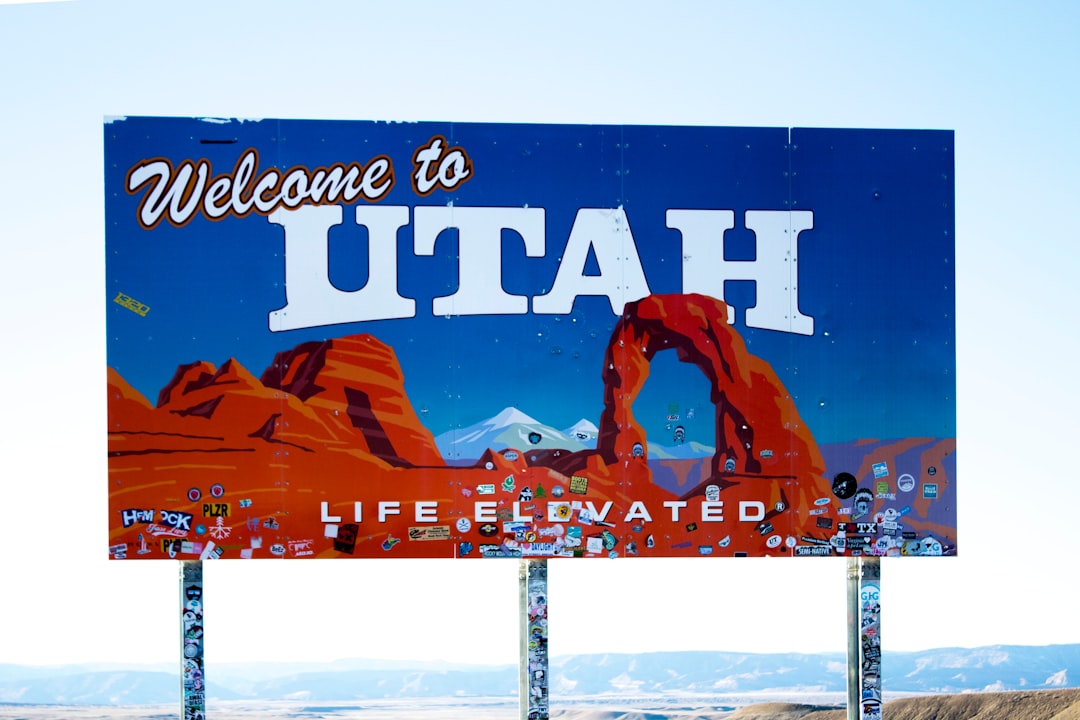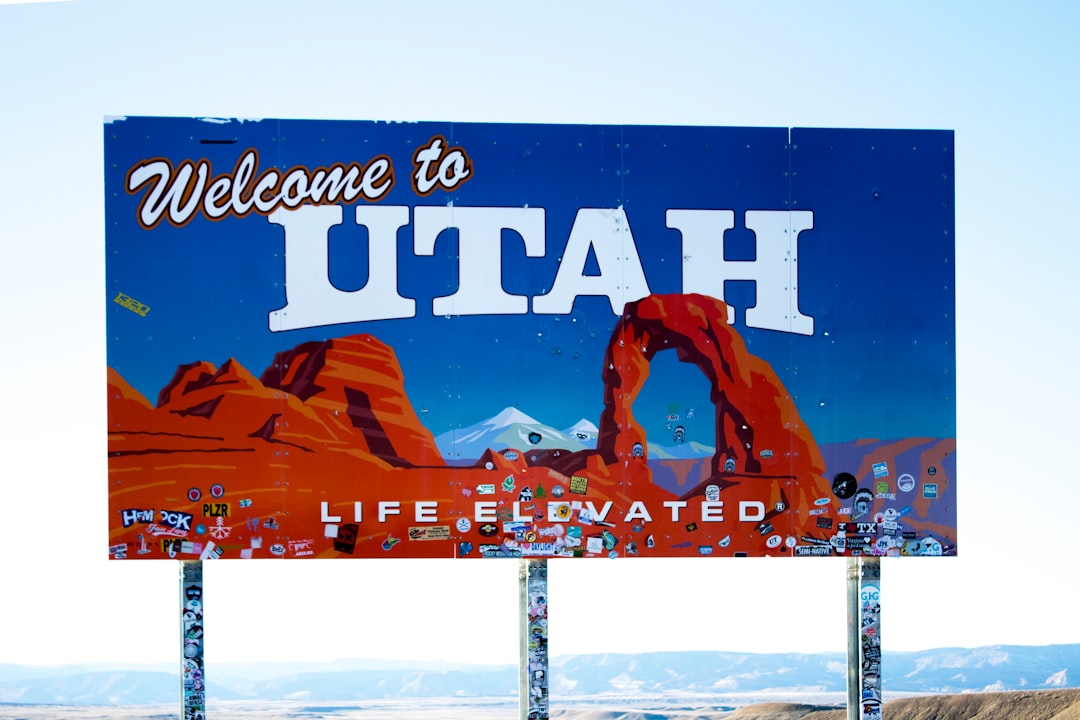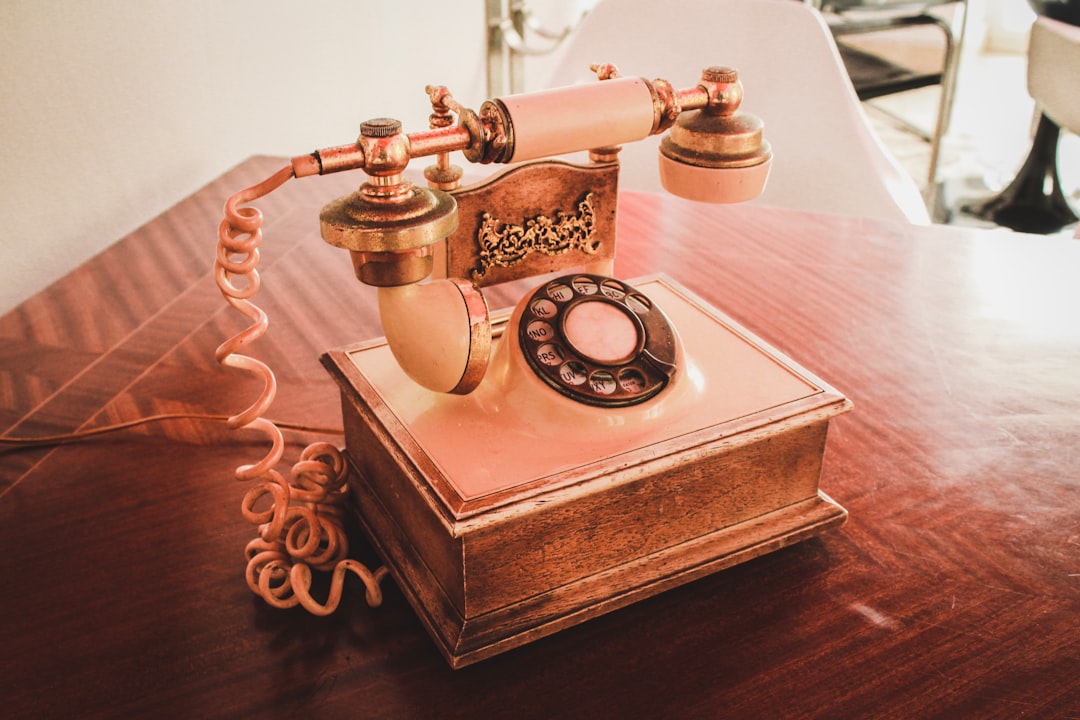In Utah, while robocalls aren't inherently illegal, you may sue for damages if they're unauthorized or harassing, under federal laws like the TCPA. Unwanted robocalls are common but legal recourse exists. Register on the National Do Not Call Registry, use blocking features, and consult a consumer protection attorney specializing in robocall lawsuits to determine if you have a valid case to sue for compensation under Utah law.
In the digital age, robocalls have become a ubiquitous yet often unwanted part of our daily lives. Understanding the legal framework surrounding these automated calls is crucial for residents of Utah. This article explores the legality of robocalls in Utah, your rights and options when facing unwanted calls, and whether you can take legal action, including suing for robocalls in this state. By delving into these aspects, we aim to equip readers with knowledge to protect their privacy and assert their rights.
What Are Robocalls and Are They Legal in Utah?

Robocalls, or automated phone calls, have become a ubiquitous part of modern communication. Often used for marketing and political purposes, they can be a nuisance for many Utah residents. However, in Utah, as in most states, robocalls are not inherently illegal. The legality of these calls depends on how they are conducted and whether they adhere to relevant regulations.
The Telephone Consumer Protection Act (TCPA) is a federal law that regulates automated phone calls, including robocalls. It allows for certain exceptions, such as when the caller has obtained prior express consent from the recipient. If a Utah resident believes they have been subjected to unsolicited or harassing robocalls, they may have legal recourse. The TCPA allows individuals to sue for damages if their rights under the act are violated, including the right to be free from unwanted calls. This means that, yes, you can potentially sue for robocalls in Utah if they breach these regulations.
Your Rights and Options When Dealing with Unwanted Robocalls

If you’re receiving unwanted robocalls in Utah, know that you have rights and options to protect yourself. Federal law prohibits automated or prerecorded phone calls to consumers without their prior express consent, often referred to as Do Not Call laws. You can take several steps to mitigate these calls. First, register your number on the National Do Not Call Registry, which blocks most telemarketing calls. Second, many smartphones have built-in call blocking features and apps that can help filter out or automatically dismiss robocalls.
If despite these precautions you continue to receive harassing or unlawful robocalls, consult with a legal professional to understand your rights. You may be able to take legal action, including suing for damages, if the calls violate Utah’s consumer protection laws or other applicable regulations. The ability to sue for robocalls is not only about financial compensation but also sending a message that such behavior will not be tolerated.
Taking Legal Action: Can You Sue for Robocalls in Utah?

In Utah, as in many states across the US, robocalls have become a common nuisance. However, if these automated calls violate your rights or cause harm, legal action may be an option. The Telephone Consumer Protection Act (TCPA) is a federal law that restricts how businesses and telemarketers can contact consumers by phone, including restrictions on robocalls.
If you’ve received unwanted robocalls in Utah, you might have grounds to take legal action. If the calls were made without your prior consent or in violation of TCPA regulations, you could potentially sue for damages. Consulting with a consumer protection attorney who specializes in robocall lawsuits can help determine if you have a case and guide you through the process of seeking compensation for any distress or financial loss suffered due to these unauthorized calls.






